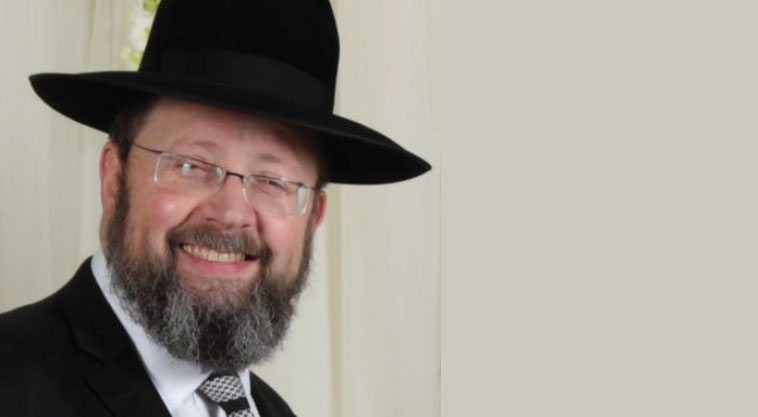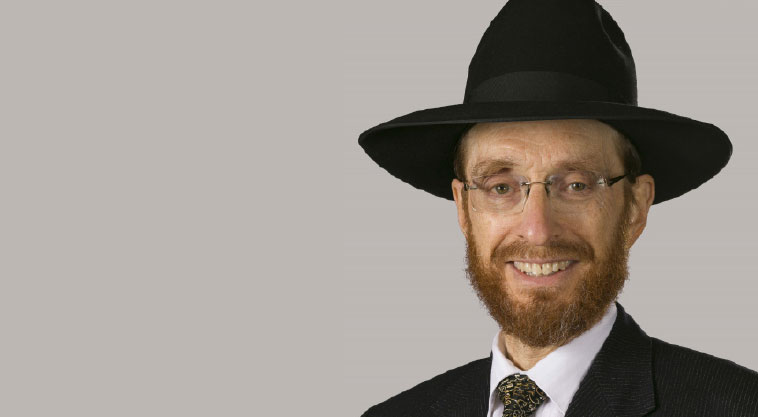Shared Space: Chapter 19


Leizer had made the small sign as a joke, but Kivi liked it.
There was room for several cars in the newly laid parking lot, and Leizer had placed a small signpost behind the spot closest to the building: Reserved, Executive Parking.
It was very un-Halb, Kivi knew, and he planned to remove it. One day. Not yet.
Kivi pulled into his spot and got out of the car. Wagner had jokingly wondered if the cars in The Summit came with hangers in the back seat for the sports jackets and Kivi had laughed, but now, he had one of those hangers. There was no reason to wrinkle a good jacket.
He slipped the jacket over his shoulders (executive parking!) and walked into 66 Norton.
As a rule, he tried to get there first, to turn on the lights and air-conditioning and get the coffee machine running. He liked the idea that he was already in his office, hard at work, when the others arrived.
They all did different things, but he was still sort of the boss.
Wagner had joined after all, taking the vacant fourth office, and it looked like he would be realizing every one of Kivi’s fears. Yesterday, he’d shown Kivi an ad in one of the local Lakewood weeklies for a shared office space near Tom’s River, and he’d said, “Kivi, this guy is on to your thing. Move quickly, you have the backing, do it bigger and better.”
Kivi had waved his hands — big deal, everyone is entitled to make a parnassah — but inside, he’d felt a prick of annoyance. This was going to be his concept. His place to make a mark.
Right now, though, he was going to focus on the good. The blinds at 66 Norton were electric, and Kivi loved the way light flooded the whole office as they shot up, like the curtain rising on a play: Leizer’s innovation.
Leizer. Kivi allowed himself to linger outside Leizer’s office for a minute, staring at the bold black letters on white paper, LK Professional Office Maintenance Services.
This was nachas, a 66 Norton-spawned innovation.
It had happened yesterday, late morning. Daniel had been sitting on the couch, taking a break. (He didn’t call it a coffee break, because he no longer drank coffee. He’d filled the small fridge with cans of Fuze, which he insisted increased productivity.)
“Leizer,” he said, “why are you doing construction, pitching yourself for random jobs, doing a million different things? Just look what you did here. I think you should find your unique selling point, your USP,” he’d paused here, as if making sure his audience was still with him, “and run with it.
“You,” Daniel pronounced as he stood up from the couch, his thin maroon tie shimmering in a ray of sunlight, “have proven yourself as a genius in this industry — office setup. You know what it takes. I saw the way you reacted yesterday, when the photocopy machine looked like it was going to crack the tiles.” Daniel was walking back and forth, a motivational speaker on fire. “I watched how you quickly slid in that piece of matching carpet, it looks great.”
Leizer blushed. “Opportunities are usually disguised as hard work,” he read from his phone, “so most people don’t recognize them.”
“Okay, hold off on the inspirational quotes for a moment and listen. Why not offer a full-service maintenance deal to your clients? You’ll be on retainer to fix things, do the basic repairs, do custodian services as well. Like a much more hands-on property manager, more niche.”
Daniel squared his shoulders. “Look, Lakewood is full of smaller office buildings; they all need someone available when a window doesn’t open, when they need a partition, when the railing is shaky. The landlords don’t want to deal with these things, so they’ll hire you, and you’ll charge a monthly retainer to be on call.”
Leizer opened his mouth, then closed it, as if too overwhelmed by gratitude to speak.
(Excerpted from Mishpacha, Issue 725)
Oops! We could not locate your form.





